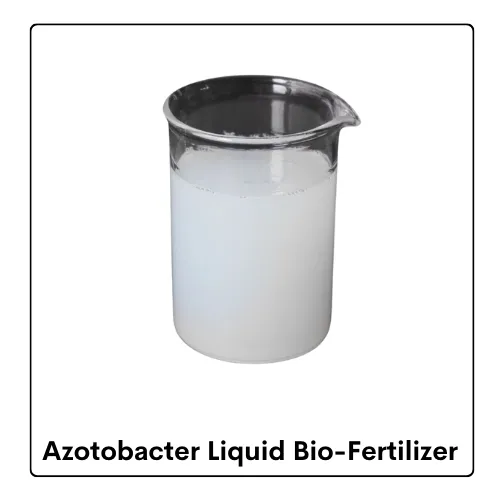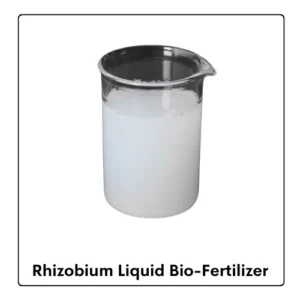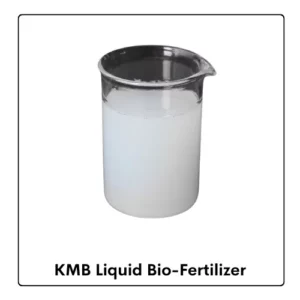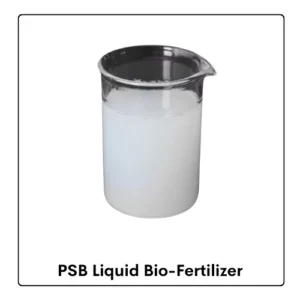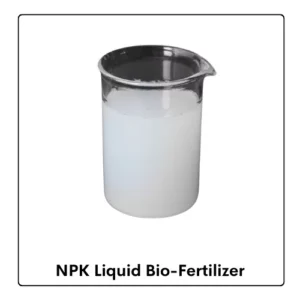Azotobacter Liquid Bio-Fertilizer
Description
Azotobacter Liquid Bio-Fertilizer is an invaluable asset in agriculture due to its exceptional ability to enrich soil with essential nitrogen. By fixing atmospheric nitrogen and making it readily available to plants, it promotes robust growth and significantly increases crop yields. Moreover, it supports eco-friendly farming practices by reducing the reliance on synthetic nitrogen fertilizers, contributing to sustainable and healthier agriculture.
आवश्यक नाइट्रोजन के साथ मिट्टी को समृद्ध करने की असाधारण क्षमता के कारण एज़ोटोबैक्टर तरल जैव-उर्वरक कृषि में एक अमूल्य संपत्ति है। वायुमंडलीय नाइट्रोजन को स्थिर करके और इसे पौधों को आसानी से उपलब्ध कराकर, यह मजबूत विकास को बढ़ावा देता है और फसल की पैदावार में उल्लेखनीय वृद्धि करता है। इसके अलावा, यह सिंथेटिक नाइट्रोजन उर्वरकों पर निर्भरता को कम करके पर्यावरण-अनुकूल कृषि पद्धतियों का समर्थन करता है, जिससे टिकाऊ और स्वस्थ कृषि में योगदान मिलता है।
MECHANISM OF ACTION
- Nitrogen Fixation: Azotobacter Liquid Bio-Fertilizer are Converts atmospheric nitrogen into plant-usable forms.
- Nitrogen Fixation: Azotobacter bacteria are free-living nitrogen-fixing organisms.
- Atmospheric Nitrogen: They convert atmospheric nitrogen (N2) into ammonia (NH3), a form of nitrogen that plants can absorb and utilize.
- Soil Enrichment: Azotobacter releases ammonia into the soil, enriching it with readily available nitrogen.
- Plant Uptake: Plants can take up the ammonia produced by Azotobacter, promoting their growth.
- Enhanced Nutrient Availability: By increasing soil nitrogen content, Azotobacter bio-fertilizers improve nutrient availability to plants.
- Sustainable Agriculture: Azotobacter bio-fertilizers reduce the need for synthetic nitrogen fertilizers, promoting environmentally friendly and sustainable agricultural practices.
DOSE OF Azotobacter
- 1-liter for one Acre of Land (Soil Application Only).
BENEFITS OF Azotobacter
- Nitrogen Enrichment: Azotobacter Liquid Bio-Fertilizer are enhancing soil nitrogen content by fixing atmospheric nitrogen, improving nutrient availability for plants.
- Increased Crop Yields: Enhanced nitrogen availability promotes vigorous plant growth, resulting in higher crop yields.
- Sustainable Agriculture: Reduces the need for synthetic nitrogen fertilizers, contributing to eco-friendly farming practices.
- Improved Soil Health: Azotobacter’s activities enhance soil microbial diversity and overall soil health.
- Cost-Efficiency: Reduced fertilizer costs and improved yields contribute to cost-effective crop production.
CROPS
- cereals, oilseeds, legumes, fruits, vegetables, Horticultural Crops
